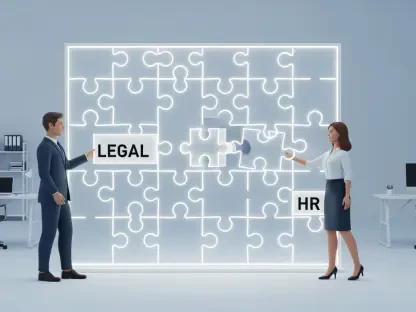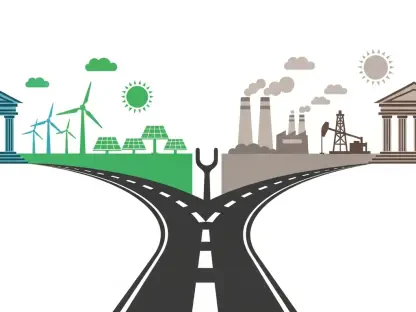In a landmark decision, the California Supreme Court has intervened to address the fallout of the failed February bar exam, a situation that disrupted the career trajectories of numerous aspiring legal professionals in the state. The Supreme Court’s ruling aims to mitigate the impact of this unforeseen event by introducing limited provisional licenses. This move specifically targets individuals who registered for the California bar exam for the first time in February, offering them a unique opportunity to practice law under supervision even as they prepare for future exams. While this decision provides much-needed respite for some, it has sparked mixed feelings across the legal community, particularly among those excluded from the initiative. The court’s approach reflects an effort to maintain professional standards while offering a degree of leniency in response to exceptional circumstances. This development sheds light on ongoing challenges in balancing regulatory frameworks with compassion and adaptability in the legal field.
Eligibility Criteria and Implications of the Decision
The ruling by the California Supreme Court focuses on granting provisional licenses to applicants classed as “first-time registrants,” those who registered for the California bar exam for the first time in February. This strategic decision allows these aspirants to gain valuable legal experience and earn an income while they work toward passing a subsequent bar exam. However, the scope of eligibility is notably restrictive, excluding repeat exam takers from benefiting from these provisional licenses. This demarcation has led to disappointment among those who were hoping for broader inclusion, as they called for more comprehensive measures to assist a larger segment of affected individuals.
The provisional license serves as both a stopgap and a stepping-stone, enabling eligible candidates to navigate professional waters under the guidance of experienced legal practitioners. As they bide their time until the next exam, these individuals have the chance to immerse themselves in the workings of the legal system, thereby strengthening their competence and confidence. Despite such positive implications, the Supreme Court’s decision has not been without controversy. Law school deans and numerous applicants have argued for more inclusive policies, urging for concessions that take into account the varied circumstances of all exam participants affected by the disruption.
Response from the Legal Community and Broader Impacts
Within the legal community, reactions to the ruling have been mixed, reflecting a tension between maintaining high professional standards and accommodating those impacted by unforeseen exam failures. The California Supreme Court’s narrowly tailored remedial action reveals a commitment to preserving the integrity of the bar exam while simultaneously recognizing the hardships faced by first-time test-takers. This stringent approach has sparked conversations about the balance between rigidity and empathy within legal regulatory bodies, echoing broader discussions within professional sectors that grapple with the fallout of unprecedented disruptions.
Notably, the court’s decision sets a precedent for how similar situations might be managed in California and possibly in other jurisdictions. As the legal profession continues to contend with evolving challenges, the ruling exemplifies a measured solution that attempts to address immediate needs while safeguarding the profession’s future. This development amplifies the call for aspirants to demonstrate resilience and adaptability, navigating the labyrinth of professional qualifications with perseverance. The response from various stakeholders underlines the necessity for continuous dialogue and innovation in policy-making to accommodate the diverse realities faced by individuals within the legal industry.
Future Considerations and Path Ahead
In a pivotal ruling, the California Supreme Court has stepped in to tackle the ramifications of the failed February bar exam, a predicament that disrupted many aspiring lawyers’ career paths in California. This decision strives to soften the blow of this unforeseen scenario by introducing provisional licenses with specified limitations. This initiative is particularly aimed at individuals who signed up for the California bar exam for the first time in February, granting them a rare chance to practice law under supervision while they gear up for subsequent exams. Although this ruling offers much-needed relief to some, it has incited mixed reactions within the legal community, especially among those not covered by the policy. The court’s strategy shows a balancing act between upholding professional standards and permitting leniency in response to extraordinary situations. This incident highlights the ongoing challenge of harmonizing regulatory frameworks with empathy and flexibility in the legal domain.









